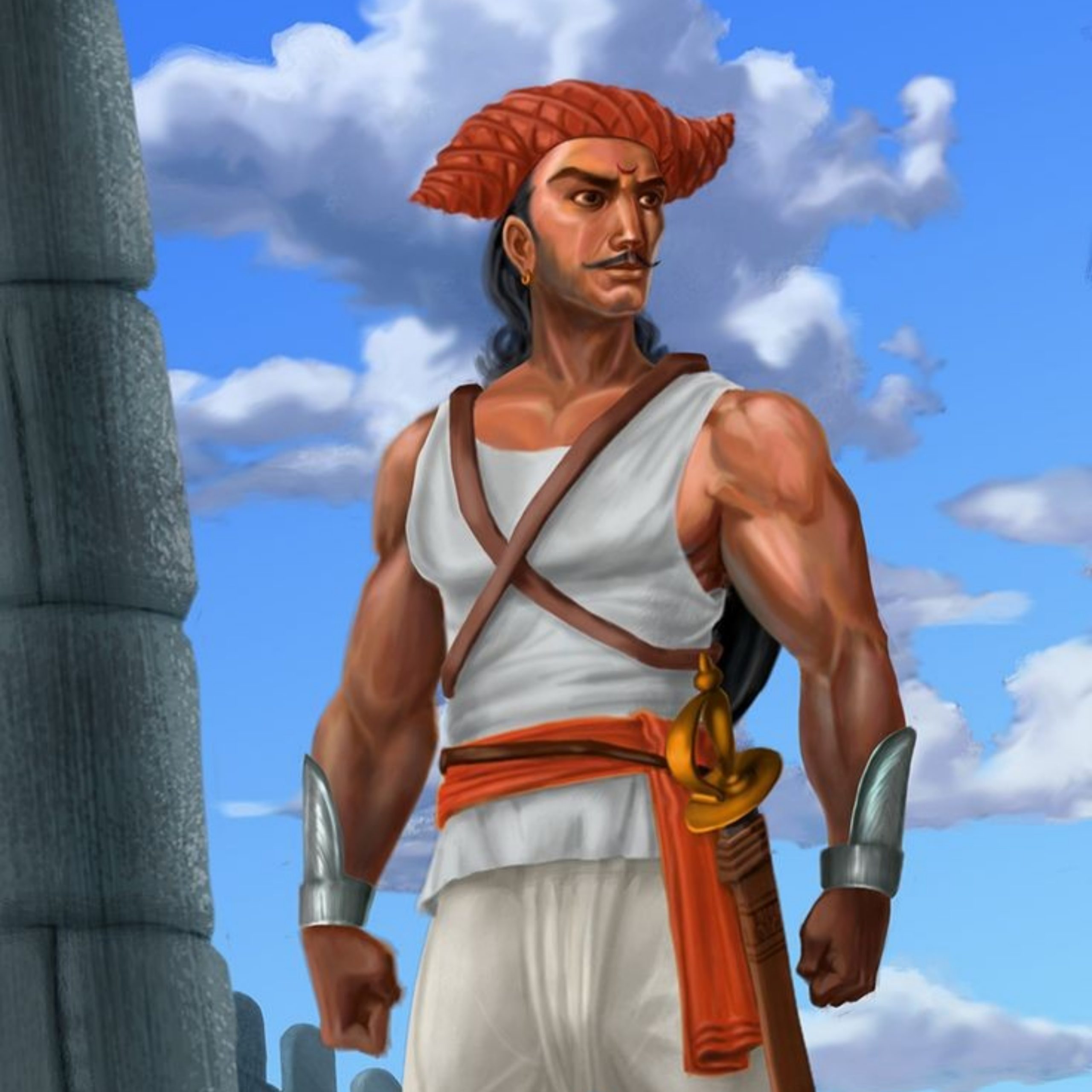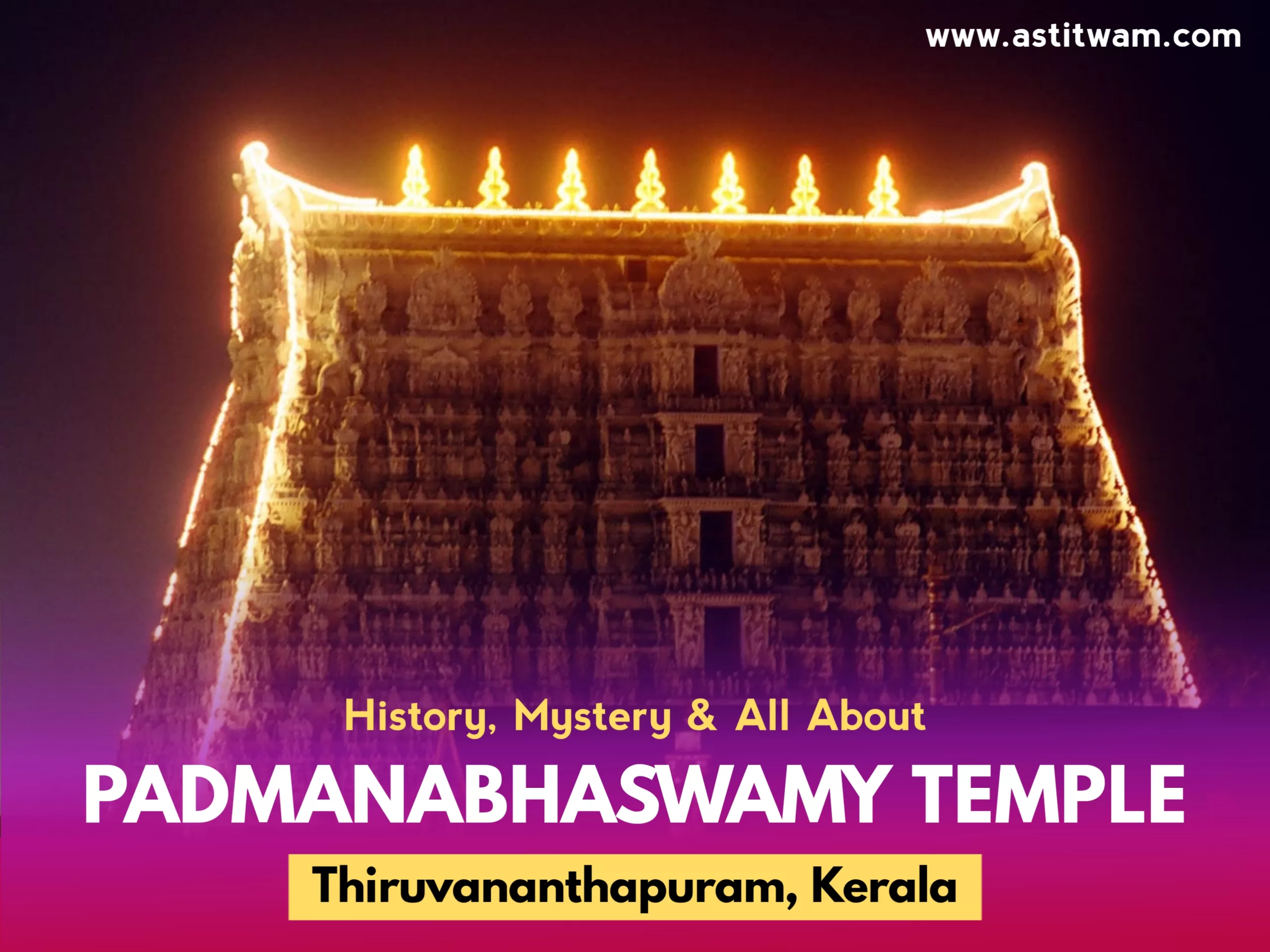Resonating Epics: The Serenity of Powada

Powada is a traditional folk art form from Maharashtra, India, known for its captivating storytelling through narrative songs. Now, we will delve into the rich history, characteristics, themes, and cultural significance of Powada, exploring its evolution, impact, and relevance in contemporary times.
Origins and Historical Background:
The roots of Powada can be traced back to the 17th century, during the reign of the Maratha warrior king, Chhatrapati Shivaji Maharaj. Powadas originated as a form of ballads and narrative poetry, orally transmitted from one generation to another.

They were composed to recount the heroic deeds and valorous exploits of Shivaji Maharaj and other Maratha warriors who fought against the Mughal empire.
Characteristics of Powada:
Powada is characterized by its rhythmic patterns, powerful lyrics, and energetic delivery. It is performed in a narrative style, blending music, poetry, and dramatic elements. The performance typically involves a solo artist, known as the Powada Shahir or Powada performer, accompanied by traditional musical instruments such as the dholki, harmonium, and tun-tune.
The lyrics of Powada are composed in Marathi, often interspersed with verses in other languages such as Persian and Arabic. They are known for their poetic language, vivid imagery, and evocative descriptions, transporting the listeners to the historical events and battles being narrated. Powadas employ a combination of storytelling techniques, metaphors, and symbolism to captivate the audience.
Themes and Subject Matter:
Powada primarily focuses on historical and heroic themes, recounting the bravery, valor, and strategic genius of Maratha warriors. The songs depict significant events such as battles, victories, and resistance against foreign invasions. Powadas also celebrates the qualities of leadership, courage, patriotism, and the ideals of justice and righteousness.

Beyond the historical context, Powadas often incorporate social and political commentary. They address issues of societal importance, such as inequality, injustice, and the struggle against oppression. Powada performers employ satire, sarcasm, and humor to shed light on contemporary social challenges and inspire the audience to reflect on their responsibilities as citizens.
Cultural Significance and Impact:
Powada holds immense cultural significance in Maharashtra and has become an integral part of the state’s cultural identity. It serves as a means of preserving and passing on the historical and cultural legacy of the Maratha empire. Powada acts as a medium to educate and inspire the younger generation about the valiant struggles and sacrifices made by their ancestors.
The impact of Powada extends beyond entertainment. It plays a crucial role in fostering a sense of pride, unity, and collective memory among the people of Maharashtra. Powada performances are often associated with festivals, cultural events, and historical commemorations, reinforcing a sense of cultural continuity and community cohesion.
Powada in Contemporary Times:
While Powada originated in a specific historical context, it continues to evolve and adapt to the changing times. Contemporary Powada performers explore diverse themes and incorporate social issues relevant to the present day. They use Powada as a platform to raise awareness about contemporary challenges, advocate for social justice, and promote cultural harmony.

Efforts are being made to revive and promote Powada among the younger generation. Cultural organizations, educational institutions, and government initiatives have been instrumental in organizing Powada competitions, workshops, and festivals. These endeavors aim to encourage young talents, preserve the art form, and ensure its continued relevance in the modern era.
Conclusion:
Powada stands as a testament to Maharashtra’s rich cultural heritage and serves as a link between the past and the present. Its ability to inspire, educate, and entertain makes it a vital component of Maharashtra’s folk traditions. By celebrating Powada and supporting its practitioners, we contribute to the preservation of this unique art form, ensuring its legacy is cherished and passed on for generations to come.




